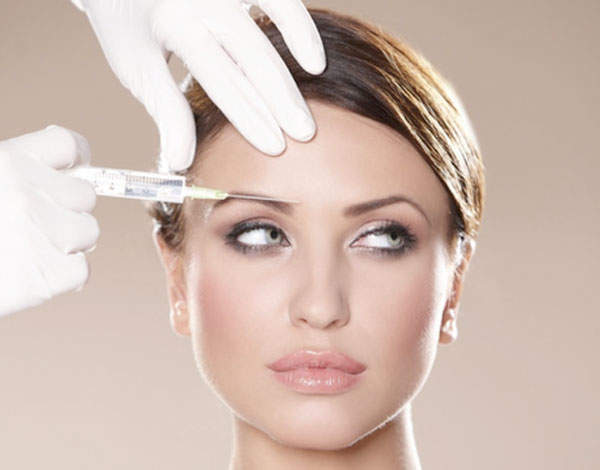

Growing numbers of cash-rich young women in their twenties are silently turning to Botox in order maintain the edge in the social and job market.
Whereas Botox used to be the preserve of the older woman attempting to subtly and inconspicuously age gracefully and wrinkle-free, female competitiveness to look beautiful and slow the ageing process now starts as young as early twenties as women across London do what they can to maintain the perfect, unlined face.
Read more by Spear’s Boy About Town Zak Smith
I paid a visit to the Aesthetic Skin Clinic, a renowned Botox haunt in the wealthy Greater London enclave of Totteridge. Hundreds of trophy wives, mistresses of the universe and Wags pour through the reception on a monthly basis, clutching oversized sunglasses for afterwards.
What is more surprising is the number of young women now turning to Botox. The clinic told me that a growing proportion of their clients are in their early- to mid-twenties, and this figure continues to quietly creep up.
It’s an unspoken rule that women don’t talk about the procedures they undergo. However, this is taken to another degree when it comes to younger users of Botox.
Read more on botox and luxury goods from Spear’s
I spoke with Alice, a 23-year old St John’s Wood socialite and unusually honest enjoyer of the injections. ‘I do it for myself, but if I get a compliment on my skin along the way, I will not be complaining.
‘However, I definitely feel a sense of pressure to remain young and beautiful. I’m also desensitised to the process because my mum uses it.’
In 2013, the facial aesthetics industry was worth a reported £12 billion, and this figure continues to rise annually: options have become more diverse and the relative ease and cost of procedures such as Botox have fallen in the years since it emerged.
It remains a large slice of the facial aesthetics market that for many women marks the entry point to the excitement, expense and desired elixir of youth that cosmetic procedures represent. Botox could almost be seen akin to marijuana, a gateway drug to more exotic and invasive options.
Alice told me, ‘If I couldn’t afford it, I would save up, as fillers are required a few times a year. I don’t want to touch up my lips or cheeks, but in the future, having been used to Botox, I wouldn’t be against it.’
This opinion was quietly confirmed by a number of women, who admitted to the addictive nature of Botox: that unwrinkled, taut, occasionally expressionless skin and the high that needs its fix throughout the year.
It’s a somewhat sad reflection on the youth and appearance obsessed society that we live in that the young will now do anything to stay young, even when to most the procedure remains unnecessary.
However, whether or not these young girls like Alice need Botox is besides the point – life for the privileged in London has never really been about need. At least, actual aesthetic need – the need, sad to say, is social and psychological.






